The University Bookman
Reviewing Books that Build Culture
Watch James Panero of the New Criterion discuss “The Urbanity of Russell Kirk” at the 2025 Gerald Russello Memorial Lecture.
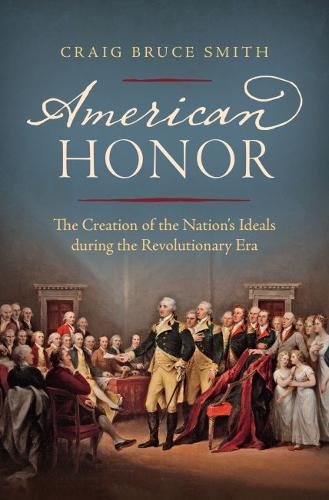
A Desire to Win Well
Daniel N. Gullotta reviews a new study on honor during the time of the American Revolution.
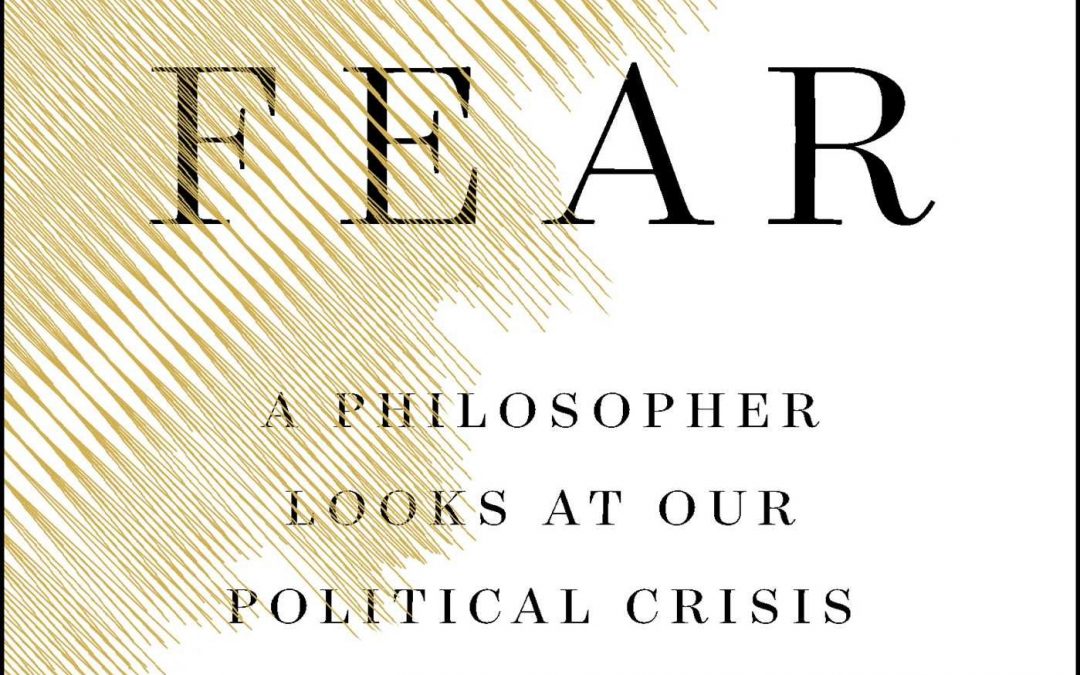
Your Political Opponent Might Be Human
Anthony M. Barr reviews philosopher Martha Nussbaum’s foray into the angry seas of American politics.
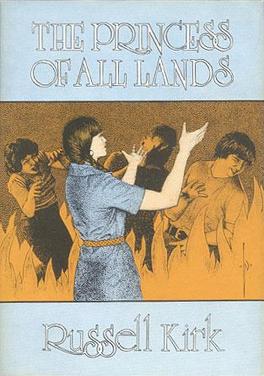
A Dreadful Joy Is Conjured
Stephen Schmalhofer reviews the first collection of Russell Kirk’s ghostly tales, The Princess of All Lands.

A Most Hospitable Benedict Option
Gracy Olmstead welcomes Leah Libresco’s practical and inviting new book on living the Benedict Option.
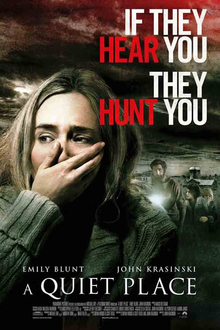
Hope When There’s Nowhere to Hide
Ryan Shinkel highlights hopeful signs in the summer’s hit horror film, A Quiet Place.
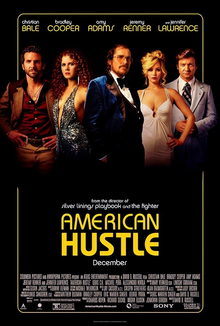
The First Church of Cinema
Jacob Bruggeman makes the case for cinema as America’s religion.
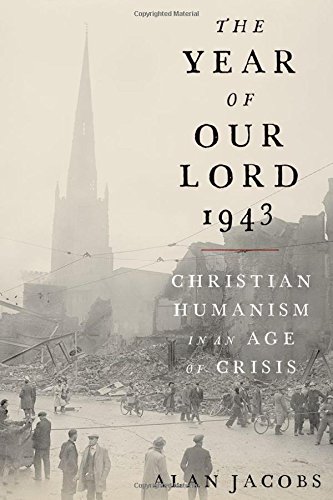
The Presence of the Counterkingdom
Adam Schwartz welcomes Alan Jacobs’s new book on the great World War II Christian humanists.
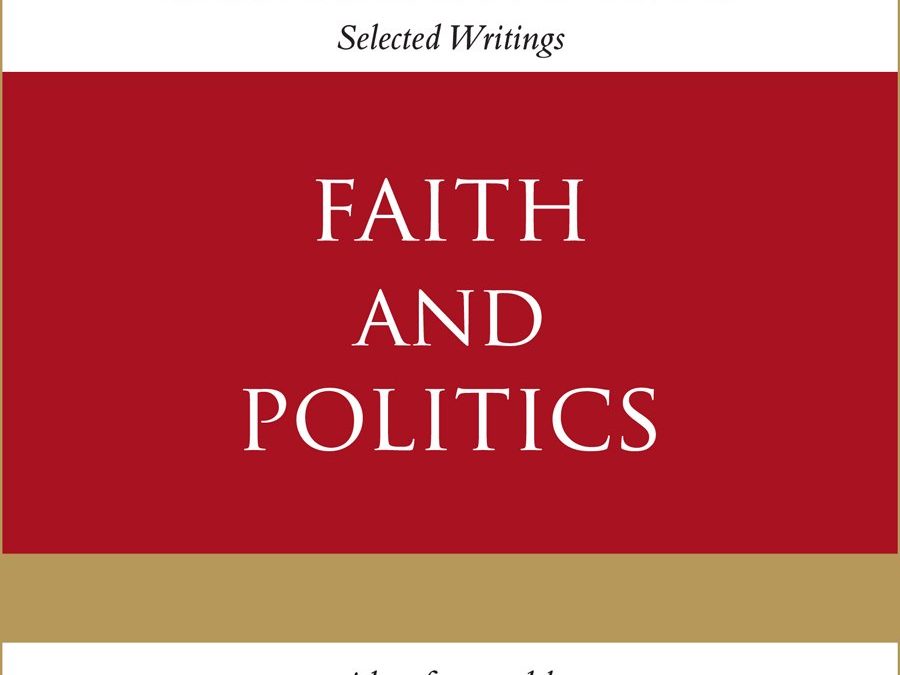
The Unexpected Political Philosopher
Casey Chalk reviews a new collection of the political writings of Joseph Ratzinger, Pope Benedict XVI
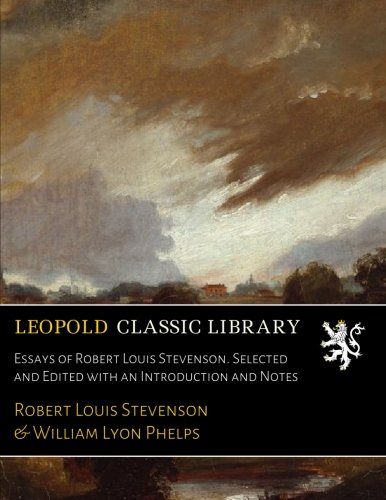
The Love of Living
Father Schall explores an essay of Robert Louis Stevenson on courage and death, and the need to love living, rather than mere life.
The Book Gallery
A collection of conversations with Bookman editor Luke C. Sheahan and writers and authors of imagination and erudition. Click on the icon in the upper right corner of the video to see more episodes in this series or check out our YouTube page.
